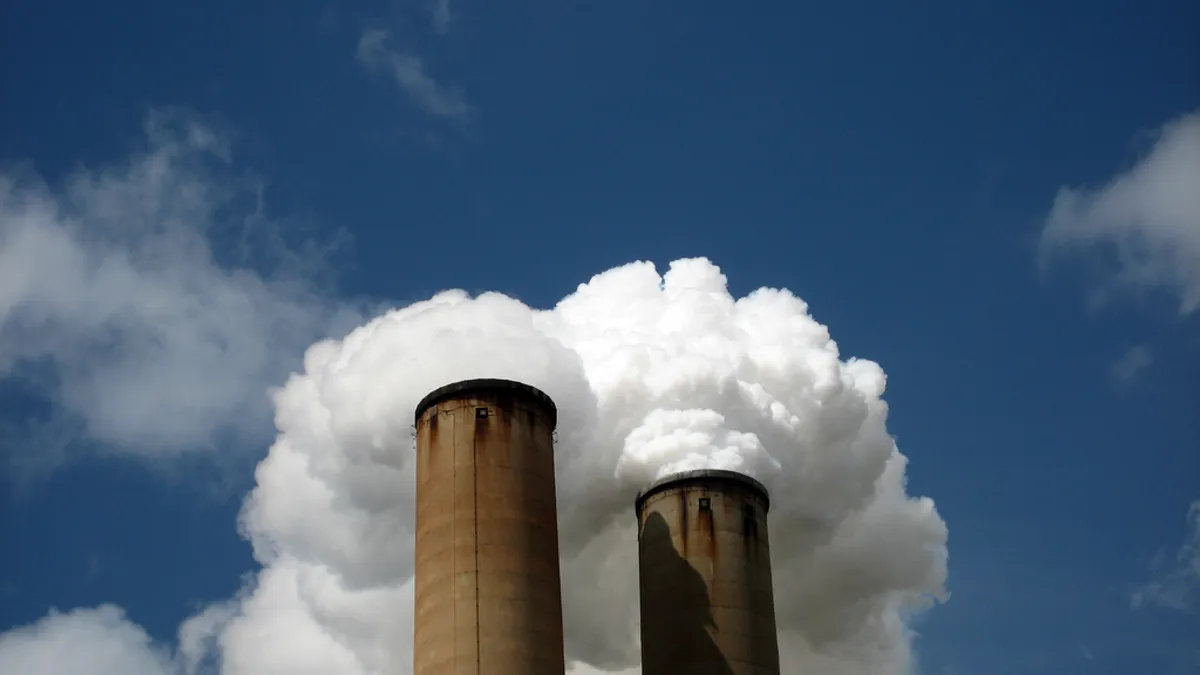Dive Brief:
- Despite the U.S. Supreme Court's stay of the Obama administration's Clean Power Plan, regulators in Minnesota submitted an overview broadly outlining their CPP compliance strategy, SNL Energy reports.
- The Minnesota Pollution Control Agency and Department of Commerce said the uncertainty surrounding the CPP's timing means developing the submittal makes the most sense, though the state could delay submitting it until the stay is lifted.
- Developing a plan will involve a rulemaking process, which could stretch to 18 months, regulators said. The state is considering "trading ready approaches," including subcategorized rate targets and mass targets for existing sources, and other strategies to comply.
Dive Insight:
Wary of how the U.S. Supreme Court's stay could impact filing and compliance deadlines, the Minnesota Pollution Control Agency and Department of Commerce have completed an initial filing and request for an extension. However, the agencies told lawmakers they will not file the plan on the Clean Power Plan's original schedule.
"Because Court decisions could potentially result in shortened plan submittal timelines, the MPCA and Commerce believe completion of the initial submittal, even without immediate submittal, is prudent," they said in a letter to state lawmakers.
Minnesota’s rulemaking process includes multiple procedural requirements, they explained, "and typically takes a minimum of 18 months to complete."
MPCA and Commerce also stressed they "have made a conscious decision" to not begin the development of state rule language or make final plan decisions until after the agencies have gathered critical input from stakeholders, including citizens, ratepayers and utilities.
Even if the rule is ultimately upheld, the Supreme Court's stay on implementation of the rule could significantly impact compliance timelines for states and utilities. As it stands, the EPA will be unable to enforce its September deadline for states to submit compliance plans or request an extension.
The EPA will continue to work with states on compliance plans while litigation goes forward, according to the White House. Meanwhile, Minnesota stakeholders plan to continue holding meetings.
"At this time, Minnesota is considering primarily the trading ready approaches, including subcategorized rate targets and mass targets for existing sources alone as well as including the new source complement," the agencies said. "Minnesota expects to participate in the Clean Energy Incentive Program (CEIP) under either a rate or mass target."
The letter also said Minnesota has been conducting "an extensive stakeholder engagement process" since the law was proposed in 2014, including more than a dozen planning sessions between July 2014 and December 2015. And the MPCA began "community focused engagement" this year, including a series of listening sessions around the state.
The next meeting is scheduled for March 31 in St. Paul.














